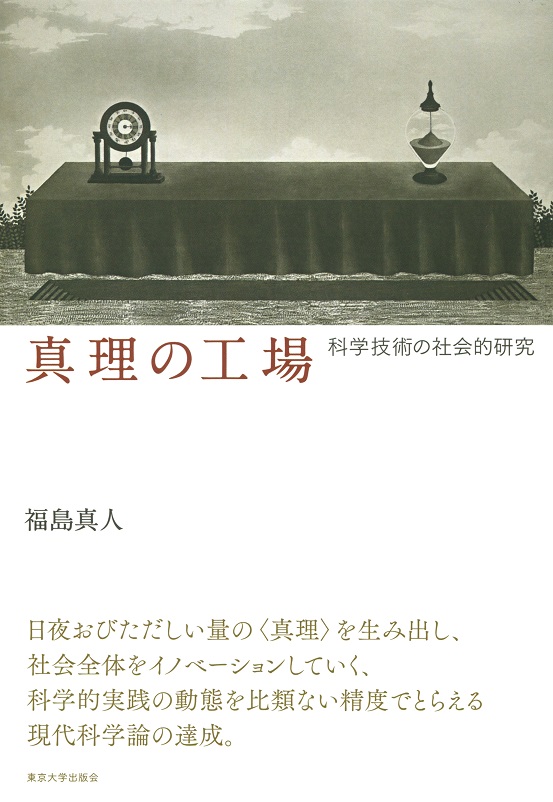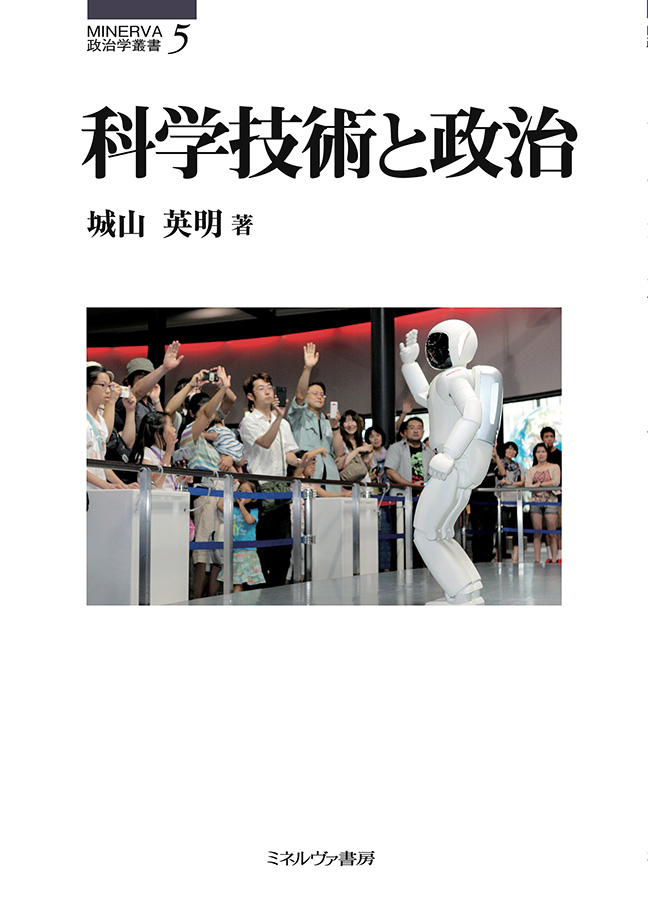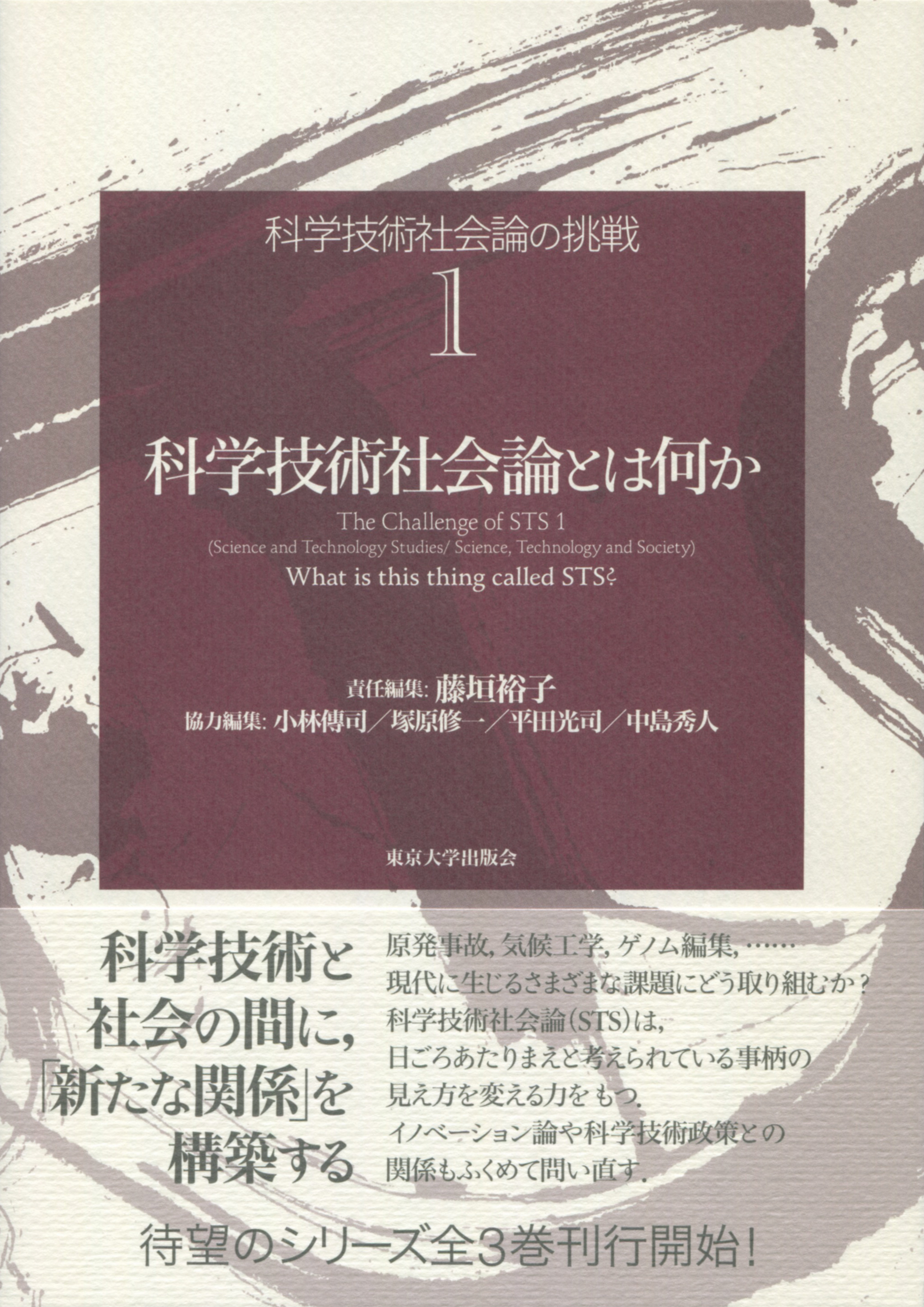
Title
Shinri no Kojo (Factory of Truth: Social Studies of Contemporary Science and Technology)
Size
398 pages, 127x188mm
Language
Japanese
Released
December 28, 2017
ISBN
978-4-13-030209-8
Published by
University of Tokyo Press
Book Info
See Book Availability at Library
Japanese Page
Recently published by the University of Tokyo Press, Factory of Truth: Social Studies of Contemporary Science and Technology discusses various aspects of the practices of contemporary science and technology from the perspective of science and technology studies (STS). The work’s major focus is the microethnography of laboratory practices and the socio-historical analysis of big science and science policy in Japan and elsewhere. Topics include a variety of life sciences such as antibiotics research, chemical biology, natural products chemistry, structural biology, and genomics and such databases of chemical compounds as a knowledge infrastructure. More than half of the chapters are translated from the articles originally published in international STS journals and elsewhere.
In addition to the introduction, the book comprises three major sections. The introduction reviews the development of both theory and empirical studies in STS from laboratory studies to wider issues involving both science policy and innovation practices. Part I deals with the everyday aspects within laboratory practices. This portion of the book is taken largely from my own ethnographic research in the laboratories at RIKEN, Japan’s largest research institute for basic science. Chapter One, Research Path Analysis, discusses the micro-dynamics of research strategy. Chapter Two, Laboratory as Organization, focuses on the dynamism of meaning and coordination. Chapter Three, The Myth and Reality of Knowledge Transfer, provides an interactive model of expertise in laboratory practices.
Part II discusses the interface between laboratory practices with wider social issues such as science policy and public database construction. This part contains Chapter Four, Resilience in Scientific Research, and Chapter Five, Between Laboratory and Policy Process. The section concludes with Chapter Six, Constructing Failure in Big Biology, and Chapter Seven, Value oscillation in Knowledge Infrastructure.
Part III deals with more general issues related to contemporary scientific practices involving the comparative arguments contained in my previous book, Ecology of Learning. Chapter Eight discusses scientific misconduct as an index of an organization’s health. Chapter Nine, The Network of Causation, is related to the issue of understanding causation in a highly complex system. Chapter Ten is Blade Runner and Memory Devices and Chapter Eleven is Between Scientific and Everyday Experiment. I have linked the last chapter, Domesticating Risk: Emergency Medicine Viewed as the Apparatus for Crisis Management, with Ecology of Learning.
(Written by FUKUSHIMA Masato, Professor, Graduate School of Arts and Sciences / 2018)



 Find a book
Find a book







